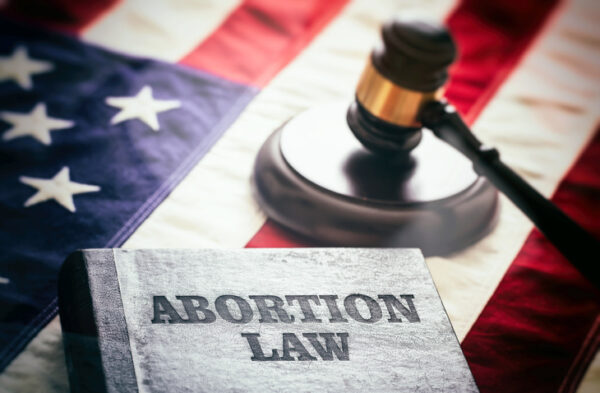

On Friday, New York Governor Kathy Hochul signed new legislation that will protect the state’s doctors, medical providers and facilitators who prescribe abortion care telehealth services to patients outside of New York from litigation in states where abortion services are banned or restricted.
“This legislation will help more women access medication abortion and reproductive care by ensuring our health care providers can deliver telehealth services to out-of-state patients without fear of legal or professional repercussions,” Hochul said in a news release. “With this bill, New York is continuing to fight back against restrictive abortion laws and help more people access the care they need.”
The move prohibits state law enforcement from cooperating with lawsuits that seek to prosecute doctors in New York who use telehealth services to prescribe abortion drugs like mifepristone. The provider shield law designed to protect providers from extradition for criminal prosecution and from insurance companies dropping provider malpractice insurance. Since the Supreme Court ended the nationwide right to an abortion — the anniversary of that decision was Saturday — 14 states have outlawed abortion.
“This legislation will protect health care providers as they practice medicine and take care of their patients’ health needs,” New York State Department of Health Commissioner Dr. James McDonald said in a statement. “That protection is a fundamental part of being someone’s doctor.”
There are no known cases of states prosecuting other states or taking legal action against shielded telemedicine abortion providers but in an extremely politically charged environment it may only be a matter of time. Patients receiving abortion drugs through the mail are not widely believed targets of criminal prosecution but medical providers potentially are targets for several reasons as we enter the world of novel legal theory.
For example, when a shielded provider leaves their shielded state and physically travels to a state where abortion is banned, either for business or pleasure, there could be legal trouble. If the provider is not legally licensed, and used telemedicine to prescribe abortion medication, they could possibly expect a range of legal actions including civil action against their medical licenses to the extreme criminal arrest warrants for mail fraud or even murder.
One such possible novel work-around is something attorneys utilize when they need to practice out of state, they get sponsored by an in-state attorney for a specific action. This is common when an attorney needs to file an appeal out of state. Similarly, a physician in one state, could potentially sponsor a physician from out of state, eliminating the non-licensure part of any potential charges.
As more than half the abortions in the United States are done with medication and telemedicine is on the rise, especially for women, providers fearful of the unknown and previously less likely to test the legal limits will give way to more doctors fighting back & speaking publicly, increasing the chances of state to state lawsuits.
There’s no getting around that shield laws thwart interstate arrest warrants, court orders and potentially laws that require states to enforce civil judgements of another state. One of the dangerous alternatives includes women seeking overseas telemedicine from online pharmacies where they could receive the medication past the 12-week threshold for abortions. Forcing women, who so far have not been criminally prosecuted for U.S. telemedicine abortions, to potentially add international federal charges isn’t that much of a stretch when dealing with a politically charged topic, where both sides look to exploit novel legal theory to make a point.
States will have to take into account everything from the rights of the patient to how arresting a provider for murder while visiting their state on vacation with their family will impact the optics, tourism, business travel, potential loss of conventions and other state economic drivers by suing another state. However, its entirely possible that a new presidential election cycle and a country divided on abortion will prompt the first state-to-state abortion shield lawsuit soon.
Photo: Rawf8, Getty Images



















